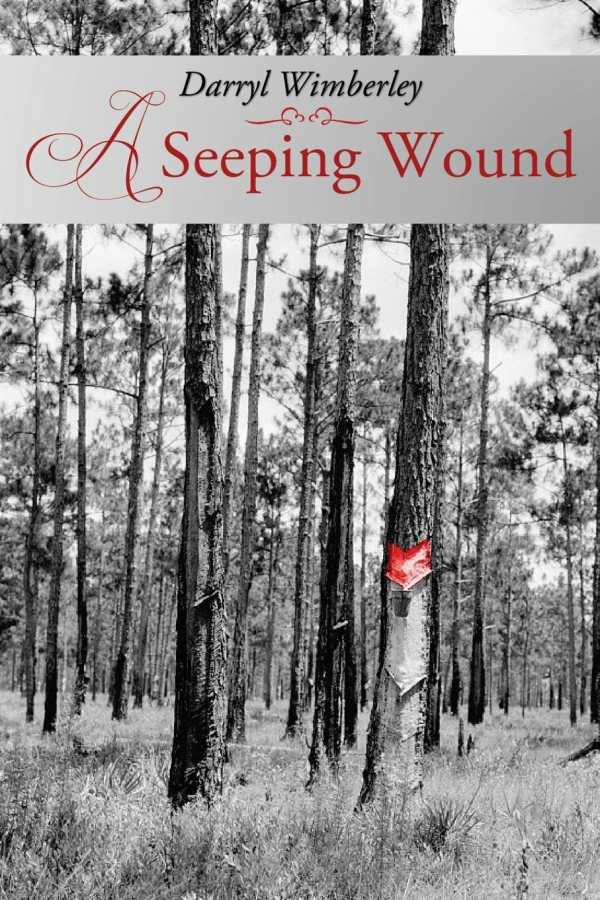A Seeping Wound
A Seeping Wound is a dark story of human cruelty, and an ode to the preeminence of the human spirit.
In his arresting novel, A Seeping Wound, Darryl Wimberley forcefully chronicles life in one of the many slave camps of the rural American South in the early twentieth century—a place of persistent violence and evil, though it also hosts moments of human kindness.
Martha LongFoot is the story’s narrator, a half Muscogee Indian raised in the camp. She is also the camp’s medicine woman, a hard-won status that keeps her safe from the sexual violence that pervades the place. Martha comes across as a character with dimension who is worthy of respect. Her robust narrative, enhanced by her powerful vocabulary and occasional biblical references, is compelling, if it sometimes strains credulity. She begins the book angry and distrustful of white people, and ends the tale by saving white folks who are unjustly enslaved. Martha brings some closure to the experience by asking “Why does one wound heal while another festers?”
Other characters in A Seeping Wound are less complex, including the ruthless Captain Riggs, who runs the turpentine camp. This man, and the thugs working for him, are predictably violent, uncaring, cruel, and unchanging. Veteran Prescott Hampton, though, shines, and he is set up in the narrative as a contrast to Martha, as a camp outsider. He comes from New York searching for his sister and brother-in-law, who are enslaved in the turpentine camp. Where Martha is poor, uneducated, and surprisingly literate, Hampton is educated and comes from a financially comfortable family headed by his father, a journalist.
But, Hampton and Martha are commonly flawed—each suffers from a seeping wound that must be healed. Wimberley adroitly uses this wound image as both a cause of pain and a source of productivity, whether in a pine tree being tapped for sap or a human gashed by the vicissitudes of life.
Historically accurate, A Seeping Wound is a dark story of human cruelty, and an ode to the preeminence of the human spirit.
Reviewed by
John Senger
Disclosure: This article is not an endorsement, but a review. The publisher of this book provided free copies of the book to have their book reviewed by a professional reviewer. No fee was paid by the publisher for this review. Foreword Reviews only recommends books that we love. Foreword Magazine, Inc. is disclosing this in accordance with the Federal Trade Commission’s 16 CFR, Part 255.

